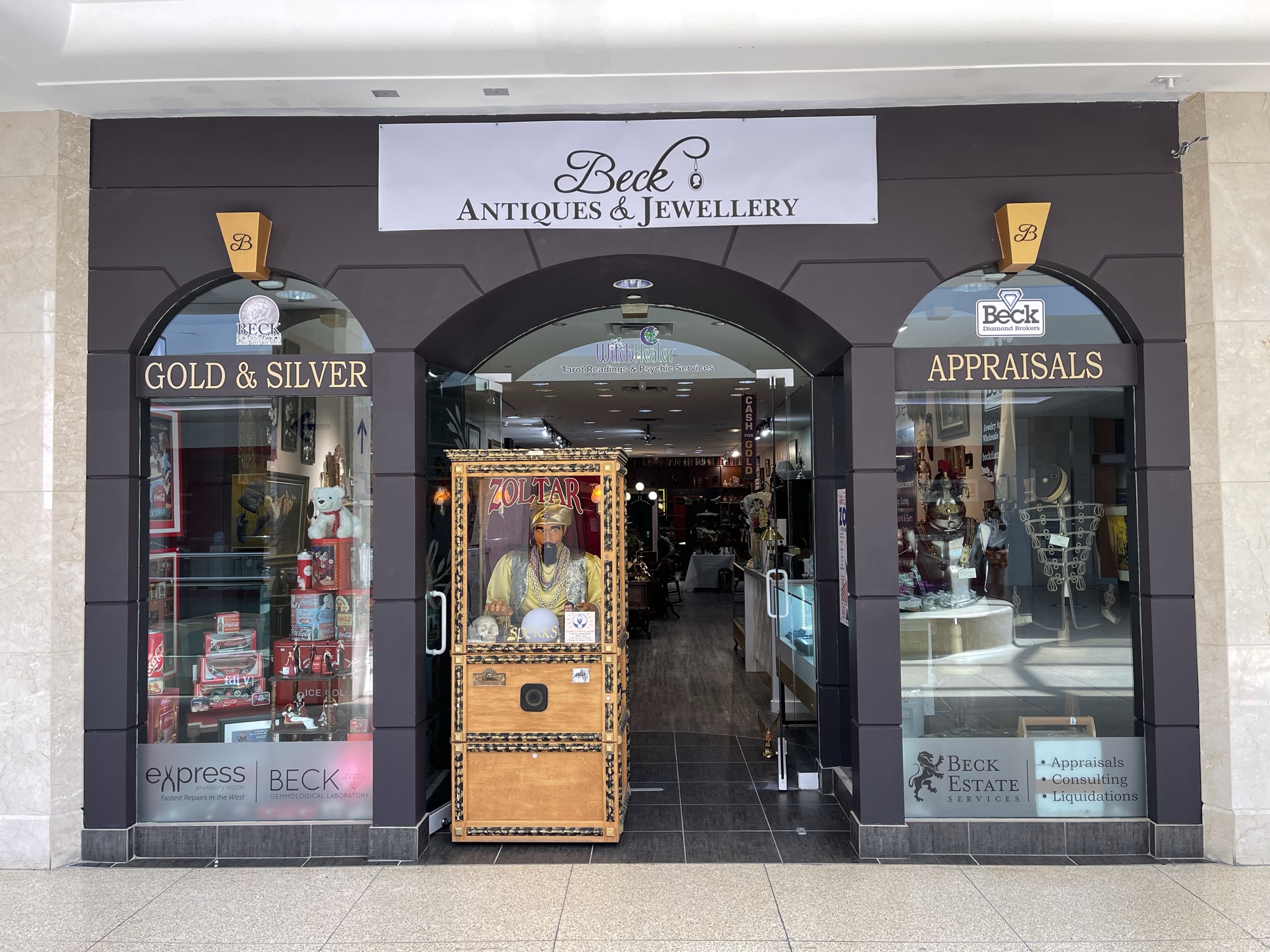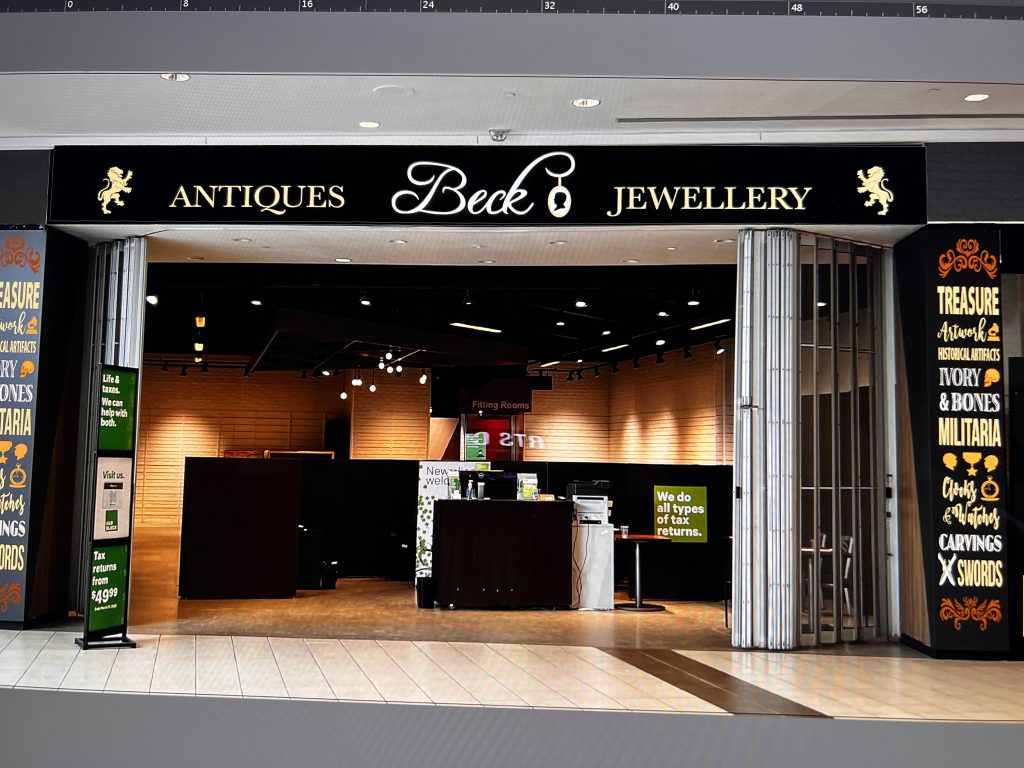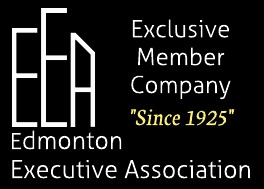A PREFACE ABOUT JEWELLERY APPRAISALS
Anytime you purchase jewellery, you may want to consider having the piece or pieces appraised by a trained gemmologist for insurance purposes. By having your jewellery appraised, you can easily insure it for its value in the case of theft, damage, or loss. Appraisals are also necessary if you ever consider selling your jewellery as it will ensure you receive a fair price for each piece.
Your appraisal is the only document that protects you in the event of a loss. Most jewellery stores offer appraisal services and, sad to say, most offer an appraisal that is more often illusion rather than a genuine appraisal. Tens of thousands of appraisals are performed each day by alleged qualified appraisers, yet only a handful of the appraisers are actually qualified to write up anything other than a sales receipt.
Not all appraisals are equal and not all appraisals are actually appraisals.
Most jewellers will offer to appraise your jewellery, but as the seller, they have a bias towards inflating the worth of their merchandise in order to sell it at a higher price. Others offer to provide you with a certificate of authenticity to ensure you that it is, in fact, genuine. However, using fancy letterhead and detailed descriptions of your piece is not enough to ensure your review is accurate. Most in-house appraisals are biased. Insurance companies are less likely to honor a claim wherein the piece appraised was done so by the seller and Certificates of Authenticity are merely upgraded receipts. There are numerous unscrupulous practices within the jewellery industry and educating yourself about them is the best way to avoid becoming a victim.
Less than 1.5% of jewellery stores have a Graduate Gemmologist on staff. Aside from actually being a Graduate Gemmologist, an appraiser needs a comprehensive understanding of appraisal science, insurance, ethical standards, and professional expertise in all facets of the jewellery industry. An appraiser must be meticulous in every detail and make a visual picture using descriptive terminology. A good appraisal is part science and part art form joined by the printed word. If you’re not an expert jewellery appraiser, you had better know that your appraiser is, in fact, an expert. Every mistake or omission can cost you thousands of dollars.
Remember, if it sounds too good to be true, it probably is.
FREQUENTLY ASKED QUESTIONS
Why should I get an appraisal?
A proper appraisal will completely and accurately describe the piece of jewellery. Having a professional appraisal will ensure that you will pay the proper premiums should you ever file a claim with your insurance provider and receive either its value or a comparable piece of jewellery that matches the original as closely as possible. Having a professional appraisal also enables you to safely sell your jewellery at a fair price should you decide to do so.
What should I ask an appraiser?
Ask if they are an accredited gemmologist. Also ask if they are a member of any certified appraisal committees, as this will facilitate insuring your pieces for the proper amount. Ask if the forms or appraisals method they use complies with standard insurance procedures for jewellery.
Why is using a non-affiliated appraisal service necessary?
Often, jewellers will offer an in-house jewellery appraisal for the items they sell. Unfortunately, not all jewellers are honest and will appraise the piece at a higher value in order to raise its price. By using a third party, you can eliminate ulterior motive and guarantee a fair and balanced appraisal that will accurately describe the piece’s value. Insurance providers are less likely to honour an appraisal done by the seller due to the conflict of interest.
In short, a professional appraisal is a useful document and a majority of the certificates of authenticity are not.
What is the difference between an appraisal and a certificate of authenticity?
While there are some cases in which a certificate of authenticity is a useful document that can add value to your purchase, they are – for the most part – marketing ploys to raise the “implied value” of a product being sold. Asserting that an item needs a Certificate of Authenticity ingrains the item with false importance. It has no legal worth in most cases. An appraisal is an accurate description of the piece by a trained individual with reference to the piece’s actual retail value in the current marketplace. Appraisals are used for both resale and insurance purposes.
When is a certificate of authenticity useful?
In some cases, such as limited editions or autographed paraphernalia, a Certificate of Authenticity is a warranted document as it will assert that the item belongs to a limited series or was created by a noted designer or craftsman. These certificates can add to an item’s appraised value and will be noted in the appraisal as such.
While these types of certificates do exist in the jewellery industry, many sellers offer general Certificates of Authenticity for every item they sell; these are simply testaments that the item purchased is as described. It is not an accurate assessment of the item and its true market value; it is not an appraisal. Most Certificates of Authenticity can be likened to fancy receipts.









